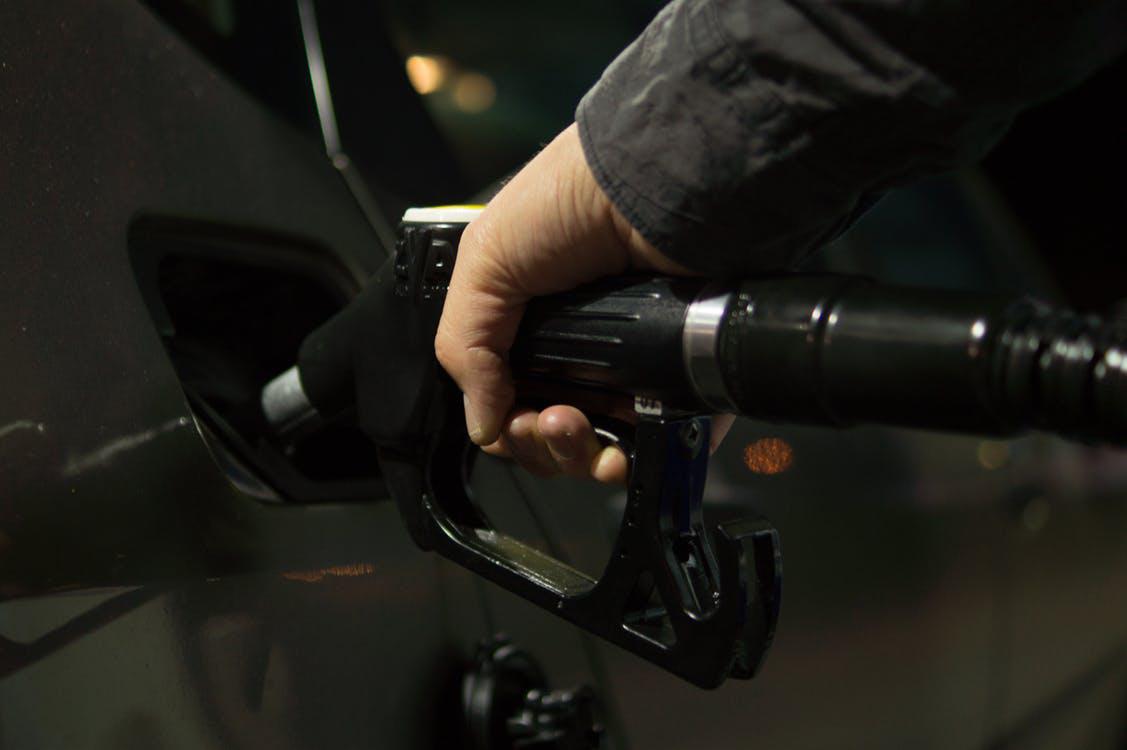How to Identify Issues with Vehicle Fuel Efficiency
- Written by NewsServices.com

With the rise in fuel cost, it is best to make sure that your vehicle takes the most use out of every tank top up. You can make sure that you go a longer distance with each litre of fuel whether it is petrol or diesel by sticking to efficient driving procedures. The vehicle is not solely to blame if the mileage is poor. The way we drive the vehicle also has an impact on it. Other factors that determine fuel efficiency are engine size and the weight of the vehicle. Lightweight vehicles that have smaller engines will be more efficient.
You need to make sure that you use the least throttle when it comes to driving. A large portion of fuel consumption occurs when the engine is speeding up from rest so you need to accelerate softly and build up the speed instead of going zero to a hundred in the shortest time. It is not that you need to stop speeding; you need to control how you achieve speed. When you accelerate faster, your engine consumes more fuel. You also need to make sure that you are driving in the correct gear.
The fuel pump transfers fuel to the engine from the tank and if there is any damage in the pump, you will notice that there is stuttering of the engine, low fuel pressure, engine overheating and a significant reduction in the mileage. When the pump is facing issues with transferring a sufficient amount of fuel to the engine, the engine is unable to maintain a constant speed and will start to stutter. This is an issue that needs to be looked into immediately as it will affect the control you have over your car. Another thing that can happen with a poorly functioning pump is sudden surges of speed when you’re driving. This happens when excess fuel is supplied to the engine. If you are not braced for it and you experience a surge of speed, it can create a very dangerous circumstance.
When vehicle fuel pumps don’t function properly, there is a significant drop in fuel efficiency. The pump will provide either an insufficient or excess amount of fuel to the engine and your engine will tend to burn more fuel as it tries to operate normally. You can also hear a high pitched whine during the driving if there is an issue with the pump. This tends to happen when the components of the pump are under extreme stress. You will need to take the vehicle to a mechanic if you experience any of these issues as it can become serious if not looked into. A clear indication of failure when it comes to pumping fuel is when the engine doesn’t start. Because the pump is no longer able to transfer enough fuel for the engine to run, the engine will be at a complete stop. If you are thinking of the expense, you will spend more on fuel in the long run than what you pay upfront for a new pump.




